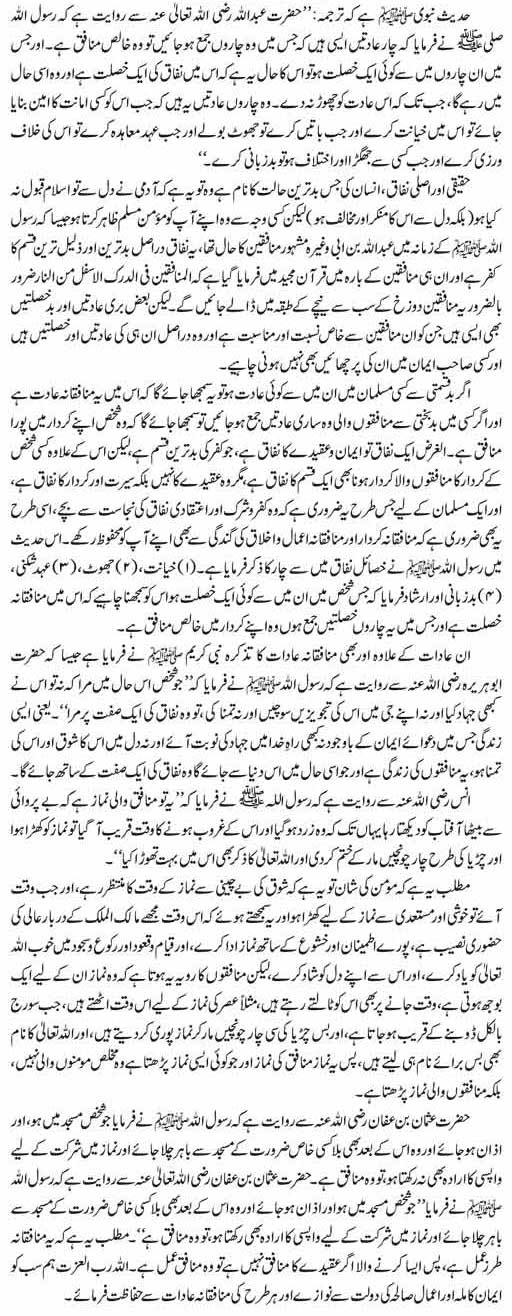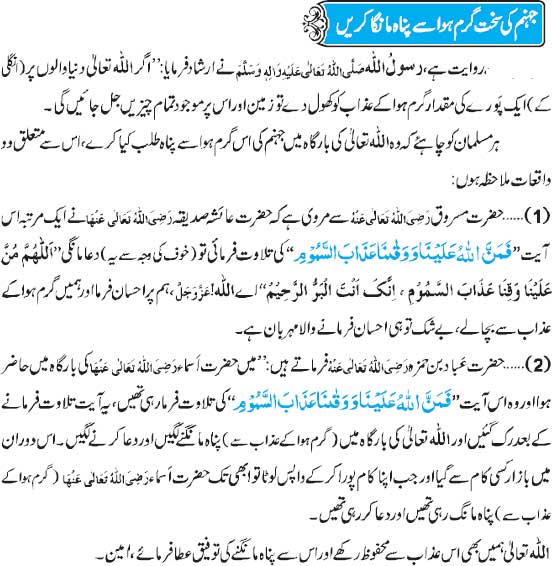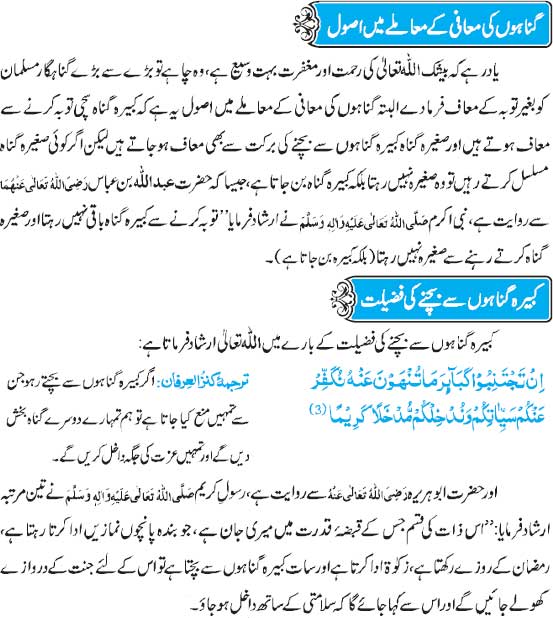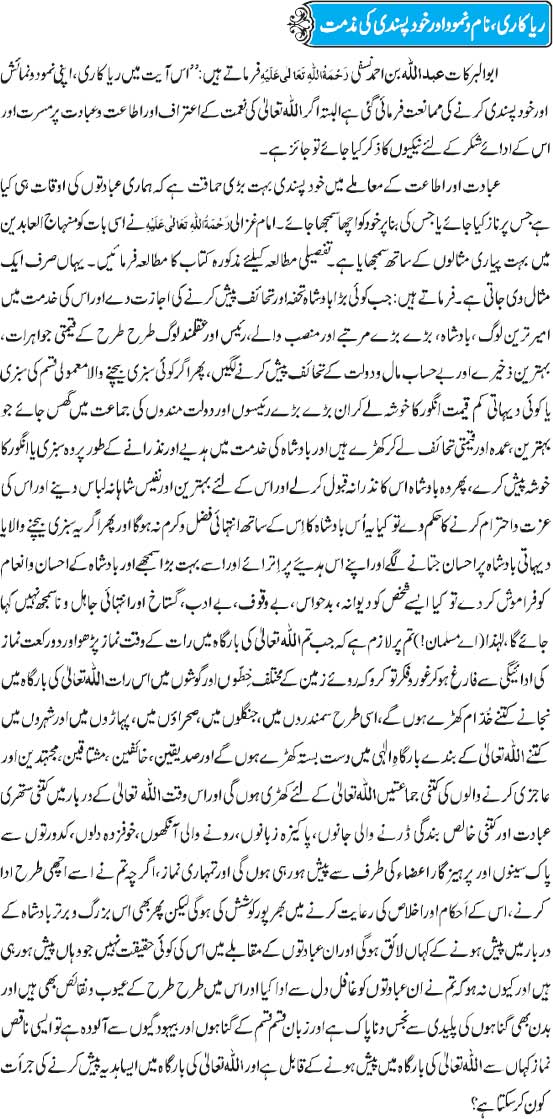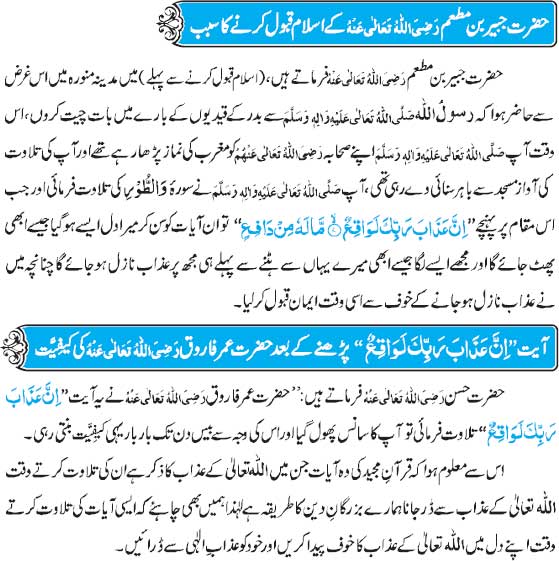Many years ago in Uzbekistan, a baby boy was born blind. His mother, the strong believer that she was, did not lose sight of He who had the power to cure him. She prayed and prayed for her son’s sight, and within a few years, the boy regained his eyesight. But furthermore, she was widowed, and the boy an orphan. Regardless, she traveled with him to Makkah so that he could receive an Islamic education. She arranged for him to attend the circles of the scholars. He began excelling in the science of Hadith. He traveled to distant villages in search of the most authentic sayings of the Prophet (peace be upon him). His mother named him Muhammad Ibn Isma’il. Many of us know him today by the book he compiled – the book that stands after the Qur’an in authenticity – Saheeh Al-Bukhari.
Another scholarly name we are familiar with is Imam Suyuti. What many of us may not know is that he authored his first book, Tafseer Bismillaah Ar-Rahman Ar-Raheem, when he was in the 2nd grade!
Why should we try to follow in the footsteps of these stars of Islam? The knowledge they had was unlike anything else. It was the law of Allah and the inheritance of the Prophets. It is our duty to preserve and protect the estate of the Prophet (peace be upon him), and that cannot happen without there being serious and sincere brothers and sisters spending long days and nights reading, reflecting, and teaching others.
A sincere man once stood on the beach shore watching the waves thrashing a fish up and down. The man decided that he must save the fish. He thrashed into the water and grabbed the fish by the tail. Then he went back to the shore and threw the fish on the beach, satisfied that he had saved it from the water! When we work for the sake of Allah without knowledge of what the path of Allah is, many times we do as this young man did.
We are living in an age of information. We have publishing houses when only yesterday our ancestors wrote the books they owned with their own hands. We have CDs to search the Hadith archives when our scholars spent days upon days searching for proof and evidence in their libraries. Knowledge should increase with all this ease, but it has not.
When a prize is great, the responsibility and work required for it shall also be great. The Prophet (peace be upon him) said:
“Whoever seeks out a path to acquire knowledge (of the deen), Allah makes easy a path for him to Jannah” (Muslim)
He also told us that sincere scholars have a place with Allah no one else can reach. He (peace be upon him) said:
“The virtue of the scholar to a worshipper (‘aabid) is similar to the virtue of the moon when it is full to the rest of the stars.” (Abu Dawood, Tirmidhi, and Ibn Majah – Authentic)
One of the Hadith scholars that Imam Bukhari took from, Hisham ibn Ammar narrates an incident that happened to him when he was 8 years old. He said, “My father sold a house of his for 20 dinars so that I could go for Hajj (and study Islam). When I arrived in Madina, I went to the circle of Imam Malik. He was sitting amongst his students like a king. People would ask him questions and he would answer. When I entered the crowd and my turn came up I said, ‘Haddathani (recite to me)!’
“He said, ‘Rather you read.’
“I said, ‘No, you haddathani!’
“Imam Malik said, ‘No you read!’
“When I talked back and argued, he got angry and said to another student, go outside with me and hit me 15 times! That student took me outside and hit me 15 times with a stick and then brought me back to Imam Malik. I said, ‘You have wronged me! My father sold his house so that I could come to you and be honored by listening to your teaching and seeking knowledge from you. But you smacked me 15 times without any crime on my part. I shall not forgive you!’
“Imam Malik then said, ‘What is the expiation for this wrong?’
“I said, ‘You have to recite 15 Hadith to me as expiation.’
“So Imam Malik began reciting the Hadith to me until he completed 15. When he ended I told him, ‘Beat me more and read more Hadith to me.’
“Imam Malik laughed and said, ‘Be off.”
(Ma’rifat Al-Qurraa’ Al-Kibaar by Imam Adh-Dhahabi)
From the beginning of time, there has been a race between the doers of good and the doers of evil.
‘Umar (may Allah be pleased with him) once said, “I seek Allah’s protection from the Jalad (the strength and enthusiasm) of the sinner, and the laziness of the God-fearer.” It is as if he was contemplating the time that we are now living in.
Why are we too lazy to pray 2 Rakat at night, when the people of the Dunya spend the entire night watching movies?
Some of the Fuqahaa’ who came before us said, “For years I desired to eat Hareesah (a sweet dish) and I wasn’t able to because it was only sold during class time.”
Imam Su’bah said, “If I ever saw someone running in the streets of the village I would only think one of two things: He was either crazy or a student of Hadith!”
To correct the situation we must reflect on the following:
· We must be sincere in our desire to learn Islam. It is not a coincidence that the first Hadith in Saheeh Al-Bukhari is, “Verily actions are (judged) by their intentions…” The scholars are reminding us from page one that our path to learning must be for the sake of Allah. Allah ordered us to be sincere to Him in our actions:
“And they were commanded not, but that they should worship Allah, and worship none but Him Alone (abstaining from ascribing partners to Him), and perform As-Salat (Iqamat-as-Salat) and give Zakat: and that is the right religion.” (Qur’an, 98:5)
· We should understand that we are in a continuous war with Satan and that he does not want us to succeed in this studying. Allah says:
“So when you want to recite the Qur’an, seek refuge with Allah from Shaitan (Satan), the outcast (the cursed one).” (Qur’an, 16:98)
One way Satan will sit in your path is by making you procrastinate. He will tell you that you are busy now and that later in your life you shall take the time out to study Islam. Life will pass and the ‘after’ shall live forever.
· We should never forget to pray to Allah to bless us with His Mercy in succeeding in our intentions to learn Islam for His sake. Allah says:
“And when My slaves ask you (O Muhammad) concerning Me, then (answer them), I am indeed near (to them by My Knowledge). I respond to the invocations of the supplicant when he calls on Me (without any mediator or intercessor). So let them obey Me and believe in Me, so that they may be led aright.” (Qur’an, 2:186).


